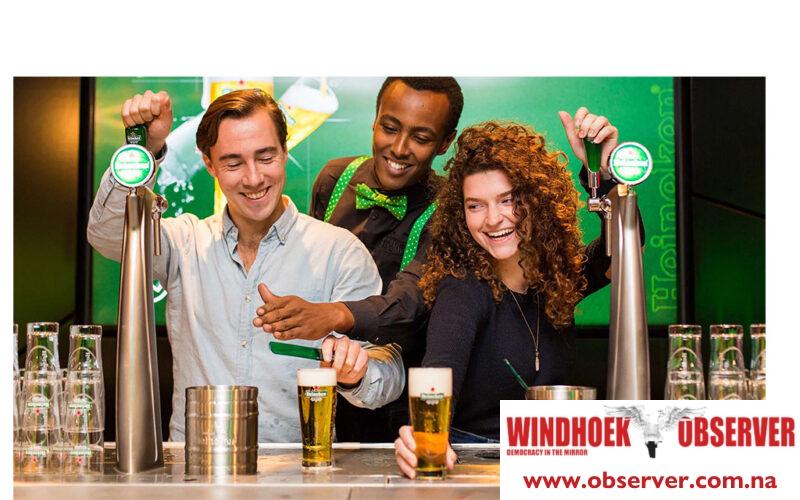Namibia Breweries Limited plans to join the Heineken global platform in the next 12 months to enable the company to leverage scale for cost benefits in packaging and raw material as legacy contracts conclude.
Heineken International, acquired majority control of Namibia Breweries in 2021 in a deal estimated at around N$6.56 billion.
The move to join the Heineken global platform, comes at a time when revenue from beer sales in Namibia decreased, compounded by a steep decline in revenue contribution from South Africa, driven by aggressive pricing tactics from competitors, according to NBL’s consolidated results for the six months ended 31 December 2023.
The company’s operating expenses increased by 21.9%, the main driver behind this being the operating costs of the expanded portfolio. Operating costs also increased associated with the continued integration with Heineken, as well as the operational integration with Distell Namibia.
NBL said to counter this trend, NBL launched a cost management initiative to better understand fixed costs.
NBL expects consumer demand to remain subdued and the company plans to continue initiatives to boost sales while managing costs in line with volumes.
The company said it is now poised to take the next steps to support its long-term sustainability as a local company and be a vital part of Heineken Beverages to create a regional beverage champion for Southern Africa.
The board announced the first ordinary interim dividend since May 2021, at 150 Namibian cents per share, marking a significant milestone following its recent merger and acquisition activities.
In the six months ended 31 December 2023, net revenue increased by 15% to N$2,1 billion facilitated by price increases and most significantly the introduction of the Distell portfolio, which performed well year on year.
Revenue from beer sales in Namibia decreased, compounded by a steep decline in revenue contribution from South Africa, driven by aggressive pricing tactics from competitors. However, the export market contributions increased as hard currency availability improved over the six months.
NBL`s dominant position in the mainstream beer market showed strain as consumers faced competing household demands with limited disposable income.




